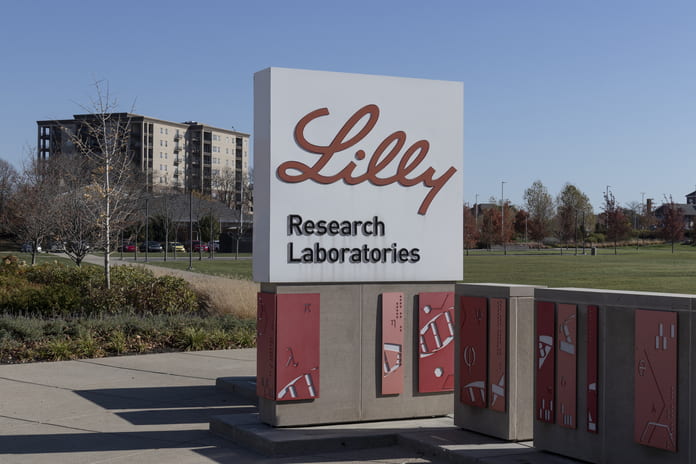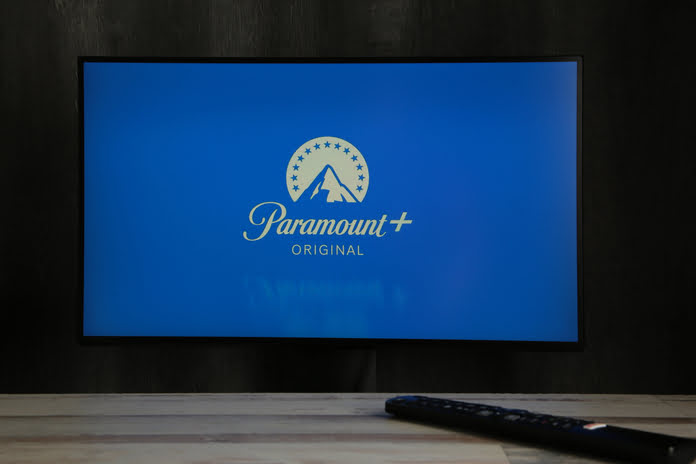Eli Lilly and Company (NYSE:LLY) features a broad range of products, including a substantial array of recently approved, profitable medications. As it navigates through difficulties like the patent expirations of multiple products and increasing pricing pressure on its U.S. diabetes brand, it also has a reliable pipeline.
Eli Lilly to Release 5 News Drugs By End of 2023
The increased demand for pharmaceuticals like Trulicity, Taltz, and others fuels its revenue growth. When COVID-19 antibody sales are excluded, its primary growth products (such as Trulicity, Taltz, etc.) had a 20% increase and contributed close to 67% of total revenues.
Importantly, Eli Lilly anticipates the introduction of five new drugs by the end of 2023, which might act as catalysts for the company’s top-line growth over the next ten years.
Mounjaro (tirzepatide), a dual GIP and GLP-1 receptor agonist (GIP/GLP-1 RA), was the only one of these five to receive FDA approval in May. In phase III tests, the medication significantly lowered blood sugar levels and caused individuals with type II diabetes to lose weight. Sales for Mounjaro totaled $16 million in the first quarter of 2022.
In Europe and Japan, regulatory applications for tirzepatide for type II diabetes are being considered. In June 2020, the business started a cardiovascular outcome trial for tirzepatide. Additionally, tirizepatide is being studied in phase II for NASH and phase III for obesity, obstructive sleep apnea, and heart failure with maintained ejection fraction.
The first of up to five new medications Lilly intends to introduce by the end of 2023 is called Mounjaro.
Donanemab and pirtobrutinib, for the indications of mantle cell lymphoma and Alzheimer’s disease, respectively, are the other two significant prospects for which Lilly has submitted regulatory applications requesting fast clearance from the FDA. The FDA has designated the submissions for priority consideration. Lebrikizumab’s new drug application for atopic dermatitis is anticipated to be submitted later this year. In contrast, regulatory applications for mirikizumab for ulcerative colitis are being reviewed in the U.S. and Europe.
Mounjaro and donanemab have the potential for multibillion-dollar sales out of the five contenders.
Eli Lilly has requested an accelerated clearance pathway for donanemab based on information from TRAILBLAZER-ALZ and anticipates a probable regulatory decision in the first quarter of 2023. It anticipates receiving data from the donanemab phase III confirmatory TRAILBLAZER-ALZ 2 study in 2023. It will be simpler to satisfy the high level of evidence requirements outlined by The Centers for Medicare & Medicaid Services (CMS) in the final National Coverage Determination (NCD) decision for the class of anti-amyloid antibodies approved by the FDA, such as Biogen’s (NASDAQ:BIIB) Aduhelm, if the results of this study are positive.
Medicare has stated that it will only pay for FDA-approved medications, such as Biogen’s Aduhelm, for patients enrolled in studies that have received CMS approval, as per the final NCD ruling. The final NCD ruling effectively restricts access to Aduhelm to all Medicare enrollees, drastically lowering the future drug demand. Following the NCD ruling, Biogen chose to radically scale back Aduhelm’s commercial efforts, keeping only a small team to oversee patient access initiatives. The final NCD decision may also restrict the availability of Lilly’s donanemab and Biogen/lecanemab, Eisai’s, another Alzheimer’s contender that the FDA may later approve.
Eli Lilly Faces Challenges
Lilly faces some challenges, including generic competition for some medications, increasing pricing pressure in the U.S., particularly on the core medication Trulicity, and price reductions in many other countries, including China, Japan, and Europe.
The vitamin regimen patent for its primary medicine Alimta ended globally in June 2021, and generic versions of the drug were introduced in Europe and Japan, severely affecting sales. Eagle Pharmaceuticals (NASDAQ:EGRX) agreed to a settlement, and as a result, Eagle introduced its generic in the U.S. on a limited basis in February 2022, with unlimited access beginning in April 2022. Since losing its patent exclusivity in the United States in the second quarter of 2022, multi-source generic competitors have significantly reduced Alimta sales. In the final three quarters of 2022, Alimta sales will probably rapidly decline.
However, Lilly is optimistic that its flagship medicines, including Trulicity, Taltz, Jardiance, and others, and the aforementioned new items, will continue to drive the business’s revenues.
Featured Image: Megapixl © Jetcityimage

















